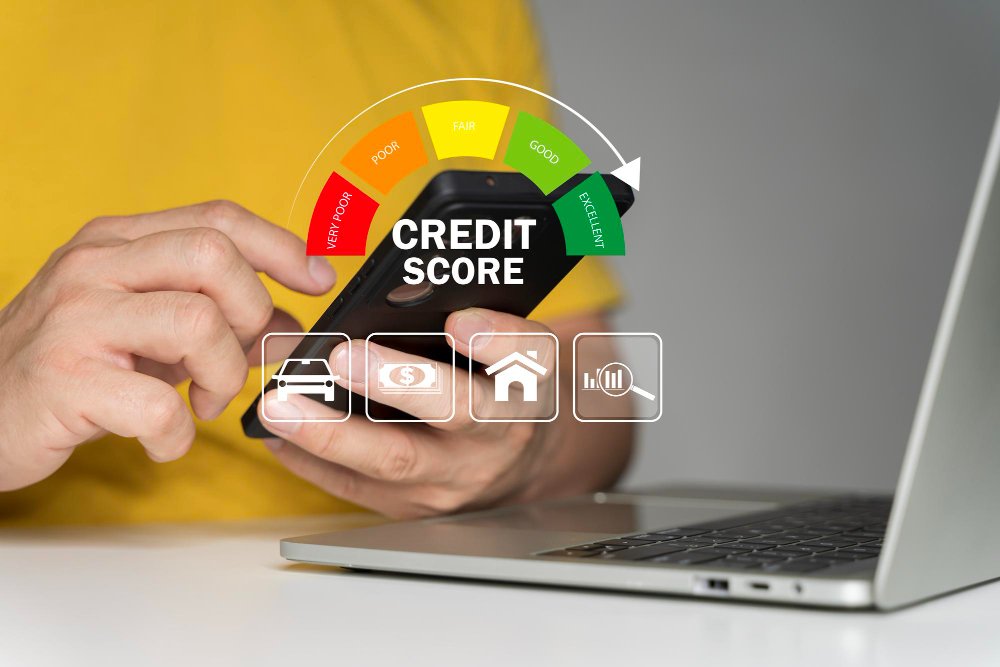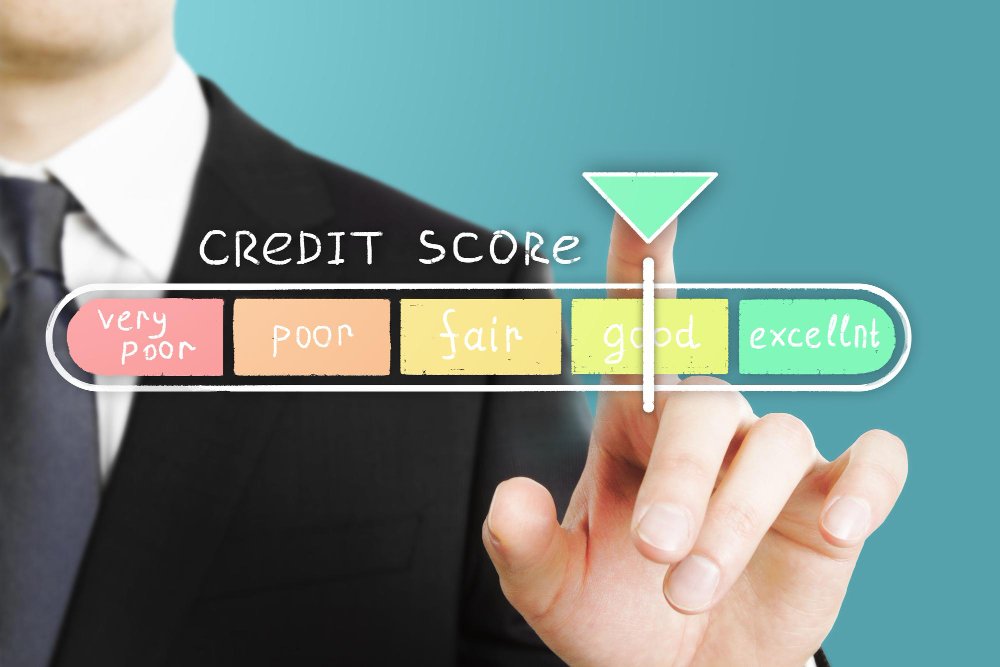How to Increase Credit Score Quickly:
In today’s financial world, having a good credit score is more than just a number—it’s a powerful tool that can unlock various financial opportunities, from lower interest rates on loans to better chances of getting approved for credit cards, rentals, and even certain job applications. If you’re wondering how to increase credit score quickly, there are simple steps you can take that work fast. By lowering your debt and paying bills on time, you can quickly raise your score and improve your financial options.
A high credit score can be especially valuable if you’re looking to make major life changes, such as purchasing a home, getting a new car, or even starting a business. There are effective strategies you can follow to increase your credit score quickly. In this article, we’ll explore the factors that impact your credit score, outline actionable steps to boost it and provide some tips to help you maintain a high score long-term.
How Your Credit Score Is Calculated?
Before diving into how to improve your credit score, it’s important to understand how credit bureaus calculate it. There are a few major components to any credit score, primarily calculated by FICO or Vantage Score:
- Payment History (35%): This is the largest factor and focuses on whether you pay your bills on time. Late payments, collections, and bankruptcies can severely damage this part of your score.
- Credit Utilization (30%): This measures how much of your available credit you’re using. It’s best to keep your credit utilization below 30% of your total credit limit.
- Length of Credit History (15%): The age of your oldest account, newest account, and the average age of all your accounts affect this part of your score. For the most part, a more extended record of loan repayment is better.
- New Credit (10%): Each time you apply for new credit, it can temporarily reduce your score due to hard inquiries on your report.

Steps to Increase Your Credit Score Quickly:
While building a good credit score is usually a long-term process, there are several things you can do to see improvements in your score within weeks or months.
1. Pay Off Outstanding Balances
One of the fastest ways to increase your credit score is by paying down existing credit card balances. High credit utilization can drag your score down significantly, so paying off debt or reducing your credit card balance below 30% of your credit limit can lead to a quick score boost.
2. Become an Authorized User
If you have a trusted family member or friend with a long-standing, well-managed credit account, ask if they’ll add you as an authorized user on their card. When you’re added, the credit card issuer will usually report the account’s history to your credit report, which can positively affect your score if the account has a low balance, a positive payment history, and a long credit history.
3. Request a Credit Limit Increase
One more strategy to rapidly bring down your credit use proportion is to ask your charge card guarantor for a credit limit increment. By increasing your available credit while keeping your balance the same, your utilization rate decreases, which can boost your credit score. Just be careful not to increase your spending along with your new credit limit, as that would counteract the benefits.
4. Make Payments More Frequently
Credit bureaus often check your credit balances mid-cycle, not just at the end of your billing period. By making small payments multiple times a month, you can keep your balance low when it gets reported to credit bureaus. This practice is also known as credit card “micropayments” and helps you manage your debt better while reducing your credit utilization ratio.

5. Dispute Credit Report Errors
Errors on your credit report could be dragging your score down without you even realizing it. Normal errors incorporate copy accounts, mistaken account adjustments, and obsolete or wrong private data. Request copies of your credit reports from the three major bureaus (Experian, TransUnion, and Equifax), and carefully review each one for any errors. If you find a mistake, file a dispute with the credit bureau.
6. Negotiate with Creditors to Remove Late Payments
A single late payment can stay on your credit report for seven years, but sometimes creditors are willing to remove them if you have a good reason or history with them. If you’ve only missed a payment or two, you could try calling the creditor and asking for a goodwill adjustment, especially if you have a long track record of on-time payments. Sometimes they’re willing to forgive minor mistakes, which could improve your score.
7. Use a Secured Credit Card
If you’re trying to rebuild your credit, consider getting a secured credit card. A secured card requires a cash deposit that serves as collateral and usually has lower credit limits. Because of this deposit, lenders are more willing to work with people who have lower scores.
8. Consolidate Your Debts with a Personal Loan
If you have several high-interest credit card balances, consolidating them with a personal loan can help reduce your monthly payments and lower your credit utilization ratio. Unlike credit cards, personal loans are installment loans, so they don’t affect your utilization rate as much as revolving credit accounts. By lowering your balance on credit cards, your utilization ratio improves, and so does your credit score.

How Quickly Can You See Results?
The speed at which you see changes in your credit score depends on the specific steps you take and how quickly creditors report changes. Paying off a significant amount of debt, for example, can have a noticeable impact within one or two billing cycles. However, remember that while some changes can improve your score within weeks or months, a high credit score is ultimately built through consistent, responsible financial behavior over time.
Final Thoughts: How to Increase Credit Score Quickly
To improve your financial health, it’s essential to understand how to increase credit score quickly. Increasing your credit score quickly is possible if you take the right steps, such as paying down debt, correcting errors, and limiting new credit applications. These changes can make a big difference in a short amount of time and open the door to better financial opportunities. Adopting smart credit habits now can pay off not only in a higher score but also in more financial options down the road.
Discover amazing information and unique finds on FuseBay! Don’t miss out—must visit our website for exclusive articles and top-notch blogs tailored just for you!




